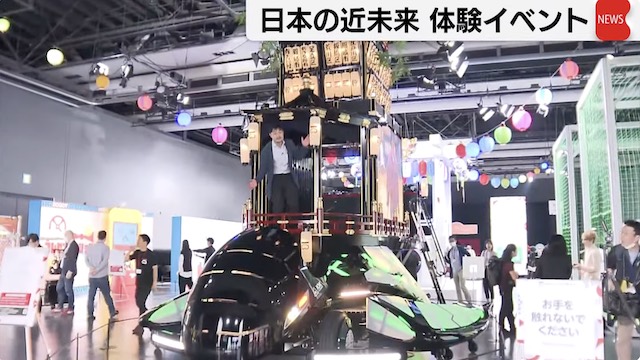Mar 29 (Japan Times) - What’s happening in Japan is written all over our faces — our blank, expressionless, masked faces. Never before, it seems safe to say, have so many people gone about masked.
Thus we confront the microbes that assault us.
Are the microbes disconcerted? It seems not.
“As self-protection, your mask is practically useless,†says Shukan Gendai magazine this month. Commercial face masks, medical authorities say, can block particles measuring 3 to 5 micrometers. Wear it against pollen, by all means. The coronavirus currently raging, however, measures 0.1 micrometer.
A country that porously defended would be helpless indeed, barring very adroit diplomacy. That’s out of the question here.
Why is a mask like a hospital waiting room? Because both foster a false sense of security.
“The most dangerous place is not the concert venue or the packed commuter train,†Shukan Gendai says. “It’s the hospital waiting room.â€
It stands to reason. All close, confined, crowded spaces are viral. How much the more so a refuge for the sick? And yet the magazine finds, to its horror, waiting rooms crowded as usual with outpatients keeping nonessential medical engagements that could easily be put off.
A Tokyo orthopedic surgeon’s clinic is a case in point. It’s packed early one morning with 70-odd people, mostly elderly, waiting their turn for rehabilitation therapy.
“The female therapists are very friendly and very conscientious,†says a 71-year-old patient. “And with everything covered by insurance, coming here has become almost an everyday habit.â€
He’s masked, of course. Everyone is masked. The doctors must know, though the patients may not, how little that’s worth — but business proceeds as usual, with waits as long as four hours shrugged off as an agreeable way to pass the time. “I have lots of ‘rehab friends,’†the patient says, “so it’s always pleasant to be here.â€
In 2018, 18,560 people nationwide were infected in hospitals by antibiotic-resistant microbes, statistics cited by the magazine show.










